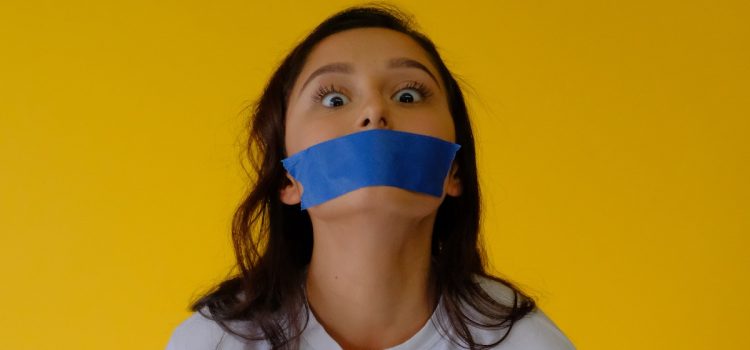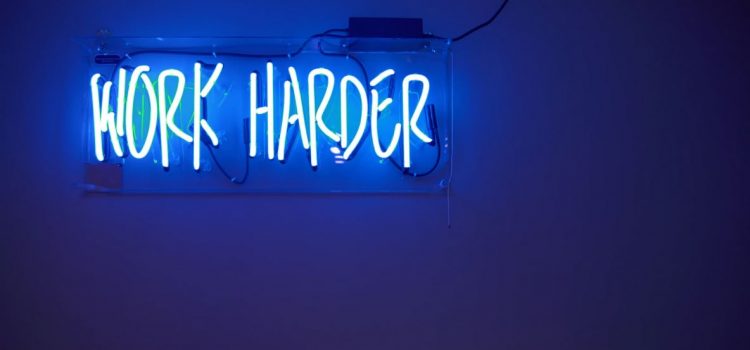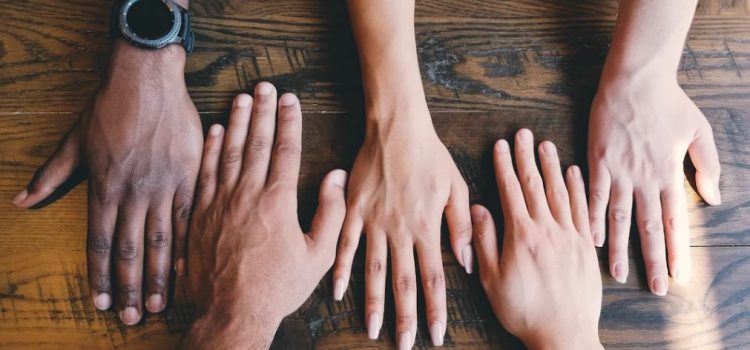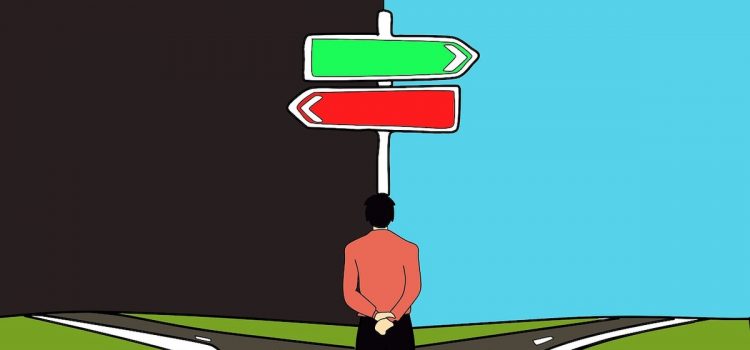Do you feel free to express your opinions and share facts? Do you wonder whether you’re getting the whole truth and all perspectives on important matters? Douglas Murray argues that woke ideology attempts to force consensus where it doesn’t exist and punishes those who don’t conform. In this “cancel culture,” free speech is the victim. Murray identifies a couple of examples that illustrate how this works in today’s society. Read more to learn about cancel culture and free speech.
Cancel Culture & Free Speech: Insights From Douglas Murray










